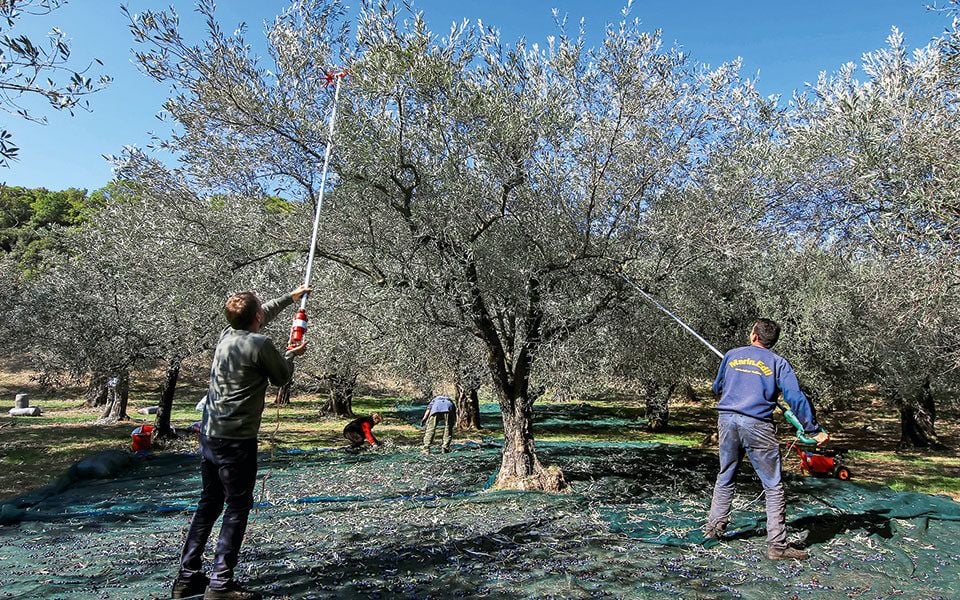Refugees granted asylum in Greece will soon be directed into the labor market under a government plan designed to address severe worker shortages, officials say.
Migration and Asylum Minister Thanos Plevris recently presented a proposal that will be included in a broader bill on legal migration. The measure would channel recognized refugees into jobs in agriculture, tourism and construction – sectors facing critical shortfalls.
The plan envisions two types of reception centers: one for migrants unlikely to gain asylum, such as arrivals from Egypt and Pakistan, and another for those with a “refugee profile,” mainly from Sudan, Syria, Afghanistan and Eritrea. The latter group will receive Greek language lessons and basic work training.
Government sources estimate Greece needs 200,000 additional workers in the next five years to sustain economic growth of 2%. The new system could generate 20,000 workers annually, or about 60,000 over five years after accounting for those who leave. Pilot centers will be established in regions with labor demand, including Thessaly, Viotia and northern Greece. Authorities emphasize decentralizing facilities away from Athens.
Sudanese refugees, in particular, are expected to be employed in farming, given experience with crops such as cotton and wheat. About 15% of recognized refugees are women, who could enter the tourism and hospitality sectors.
Training programs and language courses will be offered, while welfare benefits will be sharply reduced. Officials say the aim is to ensure asylum means entry into the workforce, not a financial incentive to migrate.
